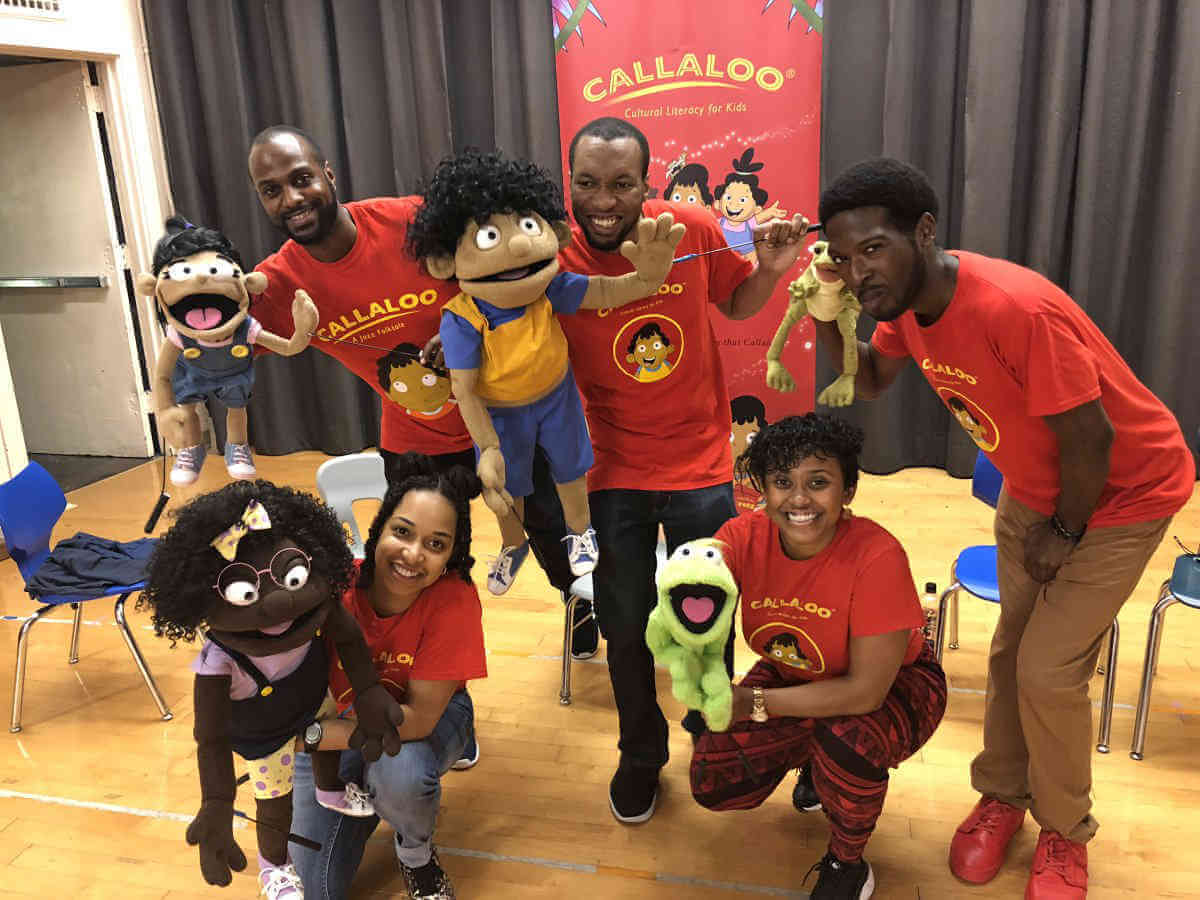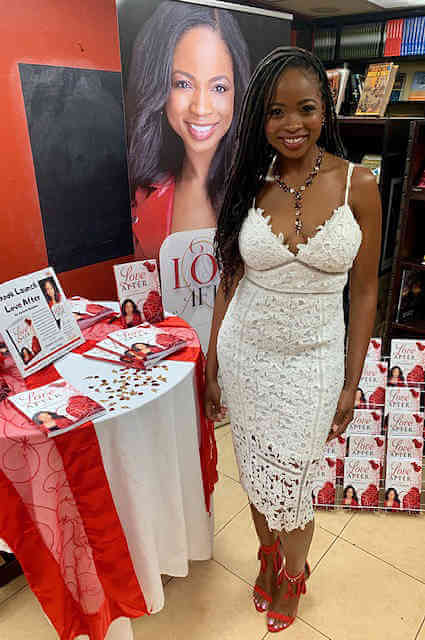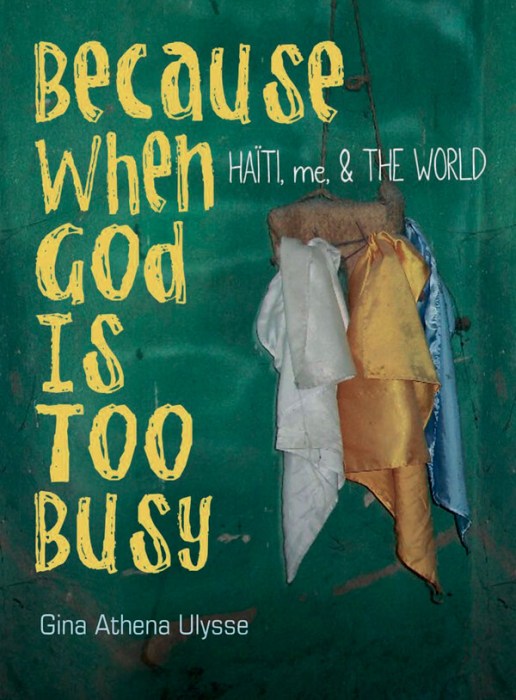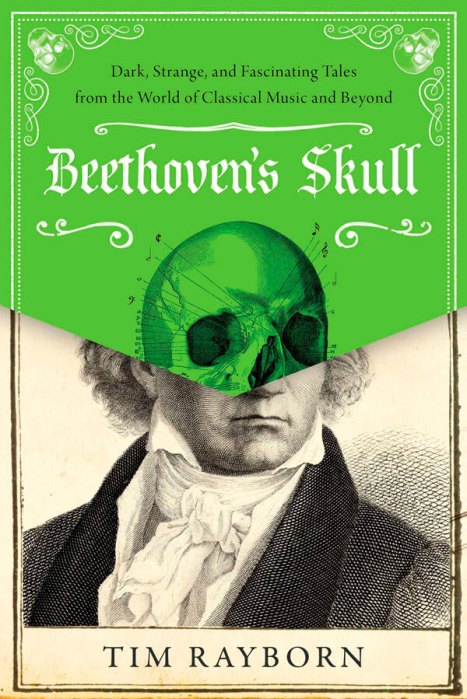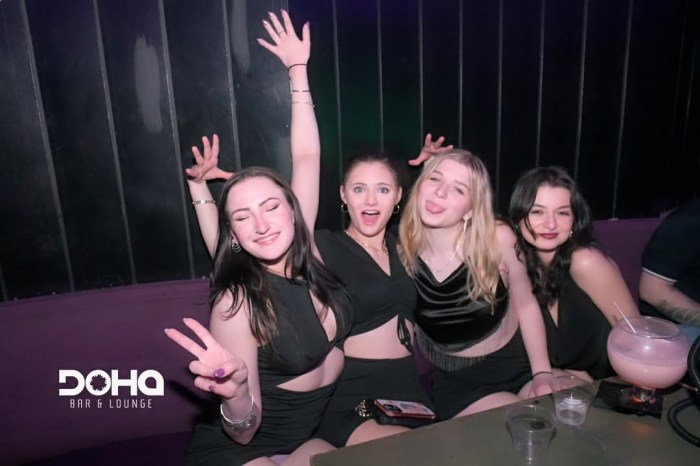Dozens of kids got to learn about the master of puppeteering at a puppet workshop in the Bronx on July 26. The students, who are part of the “From One hand to Another” summer camp — founded by singer Pharrell Williams, were thrilled to learn an artform many are not familiar with, said the creator and organizer of the event.
“A lot of them have never been exposed to theatre and definitely not puppetry in the way that we presented it to them, and they were just excited to meet all the professional actors that performed storytelling that they can relate to,” said Marjuan Canady.
Canady heads Callaloo Kids — a children’s literacy program she founded that also produces a book series of the same name. She and her team are currently on a tour introducing the series to new readers, and using puppet classes to get that across.
“We coordinated the workshop as a theatre master class with theatre performance to show students how they can work on their public speaking and assisting them with things they were already doing at camp,” she said.
The actors demonstrated storylines in the third book of the series, “Callaloo: The Trickster and the Magic Quilt,” using puppets of characters in the book, according to Canady. And once they got the hang of it, some of the youngsters took a shot at performing their newfound puppet skills.
“Some of them were nervous but after a while, everybody was having a lot of fun,” she said.
But the class was not just about learning to manage a puppet. One of the key focuses on the workshop was teaching and showing them the basics of puppeting, and how arts can help improve everyday life.
“They learned how to tell a story from the beginning, middle, and end, and how to create conflict and character building and how to stay committed and staying true to a character,” said Canady. “The foundation of the class was to expose them to theater and show them how to use what they have learned in their everyday lives.”
Canady says her overall mission with Callaloo Kids is to encourage pride and showcase representation to children of Caribbean background. As a first generation Trinidadian, she said she always desired seeing her culture reflected in media, particularly in literature, and she hoped to promote that with her series and bridge appreciation for all cultures of the African Diaspora.
“Even though I was raised in Washington D.C., growing up I was inspired by my family and the food and I wanted to create a series of books for first generation kids to understand their own cultures,” she said. “The books are a symbol of how black culture is interconnected and mixed up and much more similar than different.”




